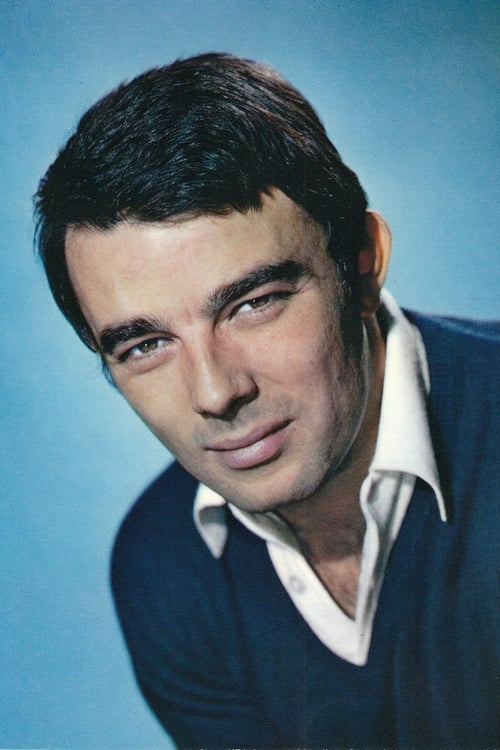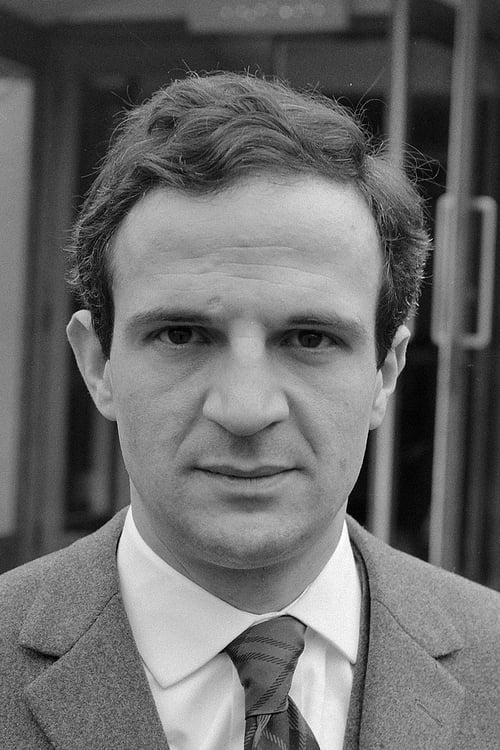The Mischief Makers (1957)
Genre : Comedy
Runtime : 18M
Director : François Truffaut
Writer : François Truffaut
Synopsis
A group of young boys have a collective crush on Bernadette. As a result of this, they have an unreasoning jealousy of Gérard, and do everything they can to disrupt their relationship. When Gérard catches one of the young boys spying on them, he thrashes him severely. In retaliation, the children try to inspire Bernadette to doubt Gérard’s love.
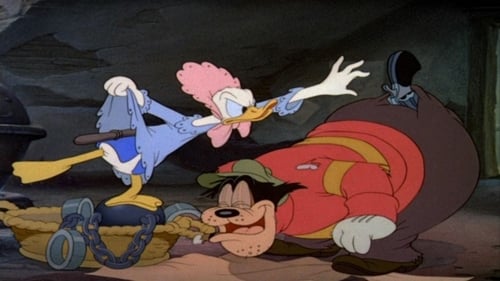
Officer Donald Duck (Officer #13) is assigned to apprehend a criminal named Tiny Tom. Donald assumes by the name that he'll be a pushover but when he reaches Tom's hideout, he discovers "Tiny" Tom is actually a hulking Pete who immediately disposes of Donald. Donald decides to use strategy and is able to reenter Pete's house disguised as a baby who Pete surprisingly warms to. When Pete discovers Donald, he chases him down the street but is finally apprehended by Donald's marching police colleagues who make the arrest.
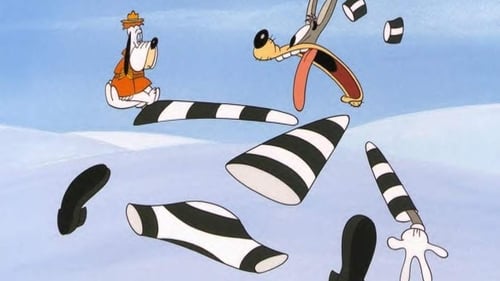
The wolf escapes from Alka-Fizz prison, but the persistent Sergeant McPoodle (Droopy) of the Canadian Mounties follows his trail wherever he goes.
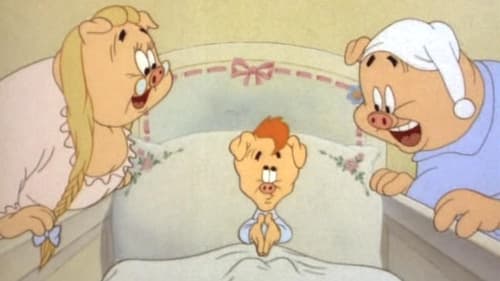
A hungry wolf with ham in the shape of a pig kid stands in for Santa Claus.
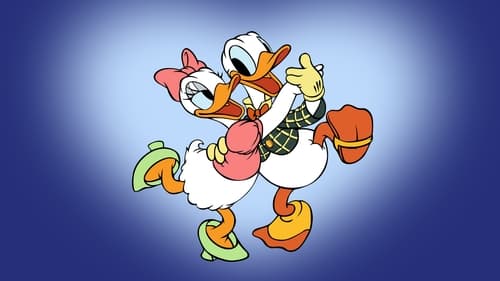
Donald visits the house of his new love interest for their first known date. At first Daisy acts shy and has her back turned to her visitor. But Donald soon notices her tailfeathers taking the form of a hand and signaling for him to come closer. But their time alone is soon interrupted by Huey, Dewey and Louie who have followed their uncle and clearly compete with him for the attention of Daisy. Uncle and nephews take turns dancing the jitterbug with her while trying to get rid of each other. In their final effort the three younger Ducks feed their uncle maize in the process of becoming popcorn. The process is completed within Donald himself who continues to move wildly around the house while maintaining the appearance of dancing. The short ends with an impressed Daisy showering her new lover with kisses
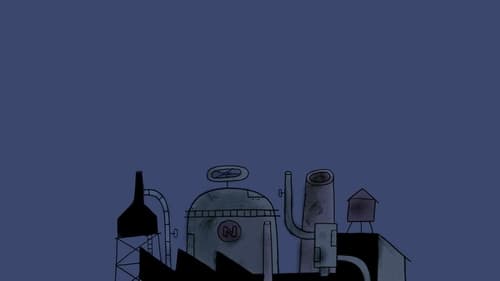
An imaginative boy suffers the stifling ordinariness of his family's weekly Sunday ritual.
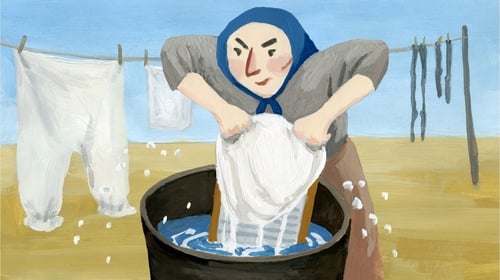
An English dreamer experiences both the beauty and harshness of nature when he relocates to the Canadian prairie.

A mock educational film demonstrates the threat penguins face due to the hole in the ozone layer.

Machines working on different energy sources see their fortunes fluctuate depending on their proximity to a giant cloud.

An animated road-movie set across the vast and barren landscape of Australia's Nullarbor Plain.

In the dangerous world of the Amazon Rainforest, finding a meal proves to be an impossible task for a little treefrog named Bounce. His luck changes when he meets Biggy, a blue-bellied treefrog who takes him under his guidance and shows him the ways of the jungle in this animated journey set to Beethoven's Symphony No. 8.

"Oddly" was created in 2009, adapted from the ancient Chinese ghost story "liao zhai zhi yi-BaiLianJiao." A Taoist priest goes out on a boat. While he is away, his wife cheats on him with his apprentice. The Taoist priest turns the apprentice into a pig and eats him. His child witnesses the entire event.

Kovásznai György’s fourth short animation follows a cat and dog who walk to a museum to look at paintings, about cats and dogs

In order to win Junior Woodchucks merit badges, Huey, dewey and Louie have to negotiate a difficult survival course. But then they discover that Donald, their scoutleader, never finished the course himself.
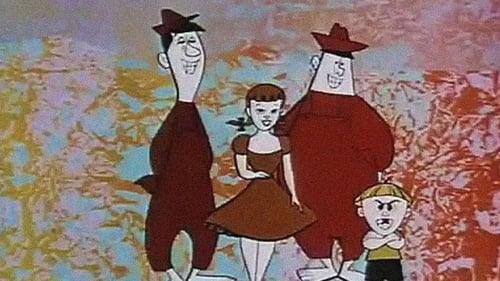
Two stylized nursery rhymes are shown. First is "The House That Jack Built" as told with a variety of characters composed of letters that spell out their names (Example: the cow is made up of an intertwined C, O, and W). Next is "Old MacDonald Had a Band" (no, not farm) in which Old MacDonald and his band give way with a hot jazz number (even his animals play instruments). The piece comes to an end when Old MacDonald's wife is tired of doing all the housework and gives him a swift whack on his head with her rolling pin.

Professor Ludwig von Drake plays a variety of popular music, all of which he wrote. First, ragtime: the Rutabaga Rag, with vegetables dancing in stop-motion. Next, the Charleston, with cut-out animation of a singer and dancers. Dixieland and more cut-out animation; the crooner/love ballad; 50's doo-wop; and finally, rockabilly.

For young Parisian boy Antoine Doinel, life is one difficult situation after another. Surrounded by inconsiderate adults, including his neglectful parents, Antoine spends his days with his best friend, Rene, trying to plan for a better life. When one of their schemes goes awry, Antoine ends up in trouble with the law, leading to even more conflicts with unsympathetic authority figures.

1917. Bakary Diallo enlists in the French army to join his 17-year-old son, Thierno, who has been forcibly recruited. Sent to the front, they will have to face the war together. While Thierno learns to become a man, Bakary will do everything to bring him back safely.
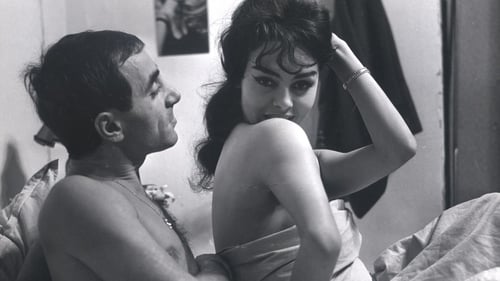
Charlie is a former classical pianist who has changed his name and now plays jazz in a grimy Paris bar. When Charlie's brothers, Richard and Chico, surface and ask for Charlie's help while on the run from gangsters they have scammed, he aids their escape. Soon Charlie and Lena, a waitress at the same bar, face trouble when the gangsters arrive, looking for his brothers.
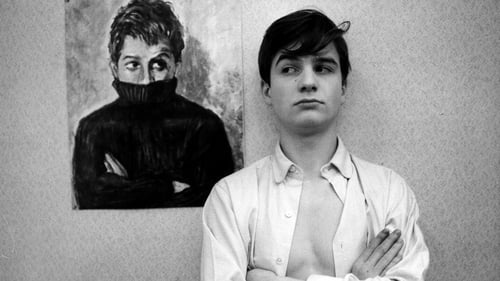
Now aged 17, Antoine Doinel works in a factory which makes records. At a music concert, he meets a girl his own age, Colette, and falls in love with her. Later, Antoine goes to extraordinary lengths to please his new girlfriend and her parents, but Colette still only regards him as a casual friend. First segment of “Love at Twenty” (1962).
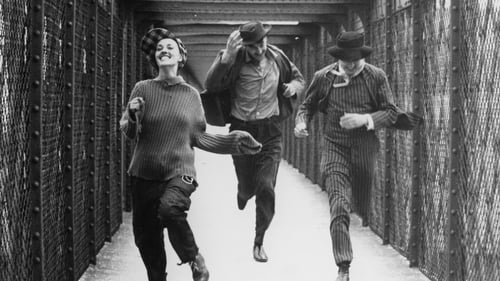
In the carefree days before World War I, introverted Austrian author Jules strikes up a friendship with the exuberant Frenchman Jim and both men fall for the impulsive and beautiful Catherine.

